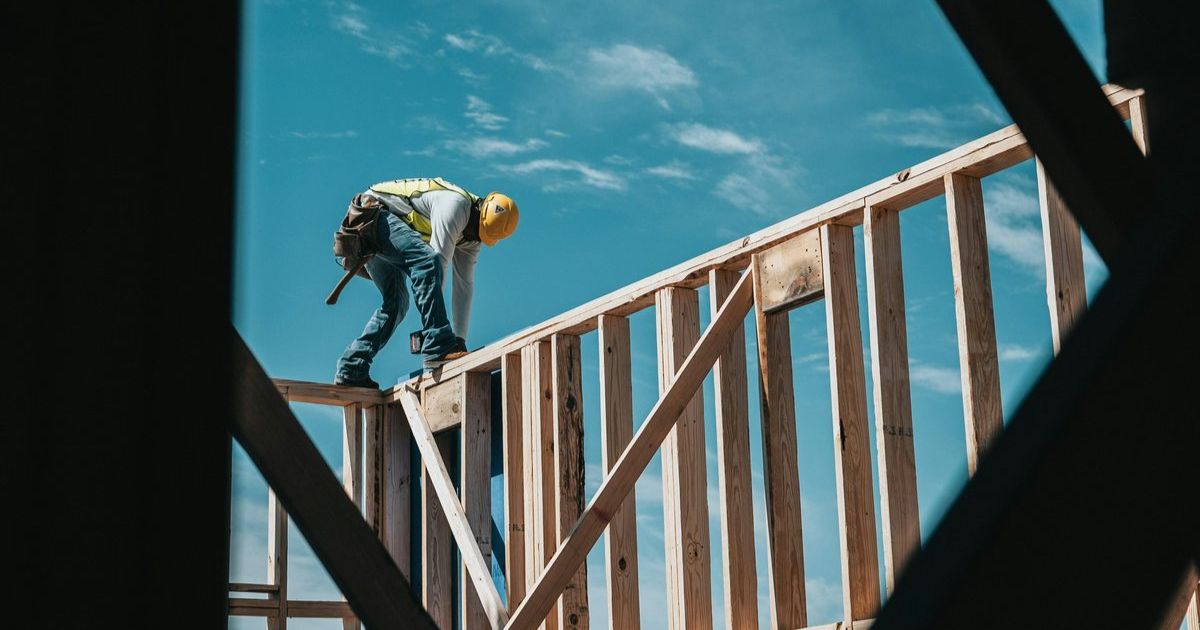The pros and cons of property investment

Tyrone Abela’s dream to be able to work from anywhere in the world and live by the beach where his kids can grow up in a fun, natural and healthy environment has become a reality.
Many people have made their fortune building a portfolio of quality investment properties.
My focus in this article is investing in property to generate a return (both income and capital growth) and I will firstly distinguish between residential property (houses and apartments) and commercial property (office, retail, warehousing etc).
Residential properties are traditionally the popular choice for property investors. However, investors need to be mindful of key qualities such as location, property presentation and proximity to transport to attract quality tenants.
When supply is high (as in the case of apartments) this can put downward pressure on rent (due to competition) and potentially reduce the return on your investment.
Commercial properties have the advantage of longer-term leases, which can be anywhere from three to 10 years, and generally all outgoings are paid by the tenant, which helps increase the rental yield for the investor.
As most commercial properties are fitted out by the tenant to suit their needs, they are more likely to stay longer, which adds to the security of this type of investment, but it can be harder to find a new tenant once the property has been vacated.
The Good
The capital growth potential of properties purchased at the right time and in the right location can be significant – so do your research! Quality tenants can ensure a reliable income throughout your investment period. Most property expenses can be offset against rental income for tax purposes, including interest on any loan used to buy the property.
The Bad
High entry and exit costs – expenses such as stamp duty, legal fees, and real estate agent fees make buying and selling property expensive.
The market value of any property is dependent on supply and demand and disposing of an investment property at the right price can be tricky in a flooded or depressed market. Periods where a property is not tenanted or is in need of ongoing repairs also needs to be factored in, as this can be difficult to forecast and can impact your return on investment.

















